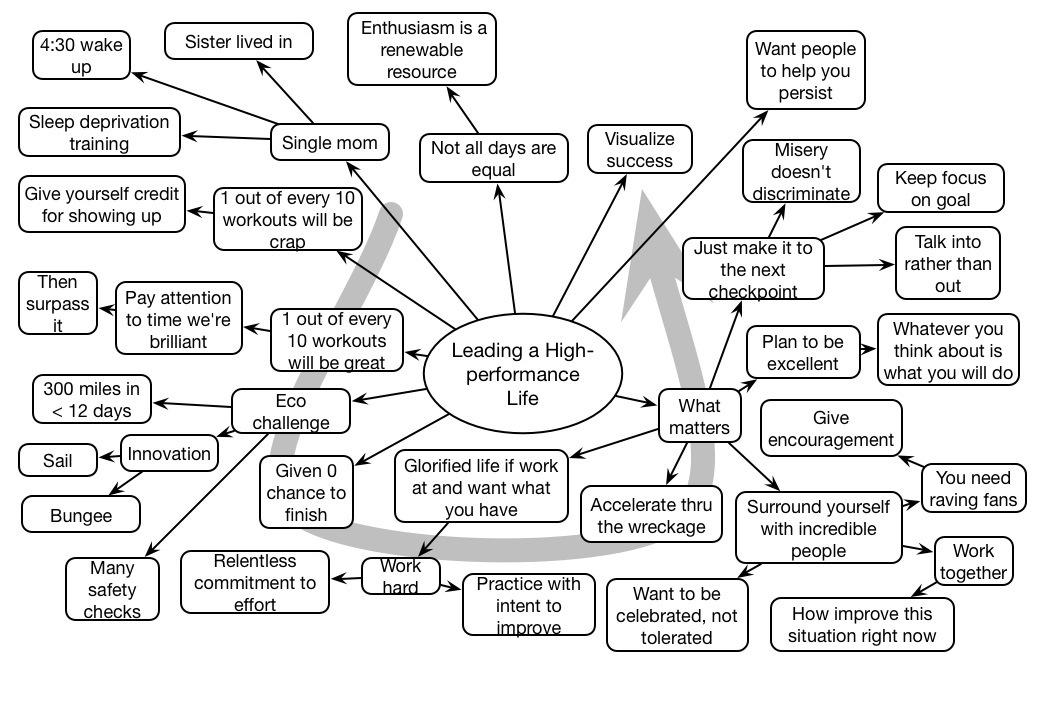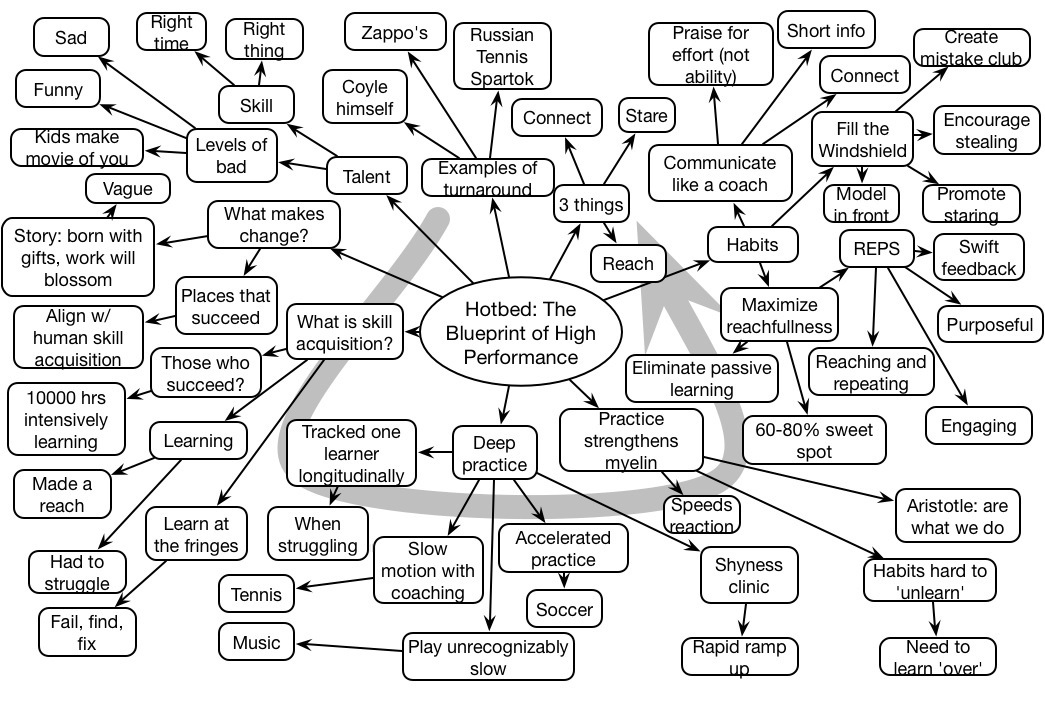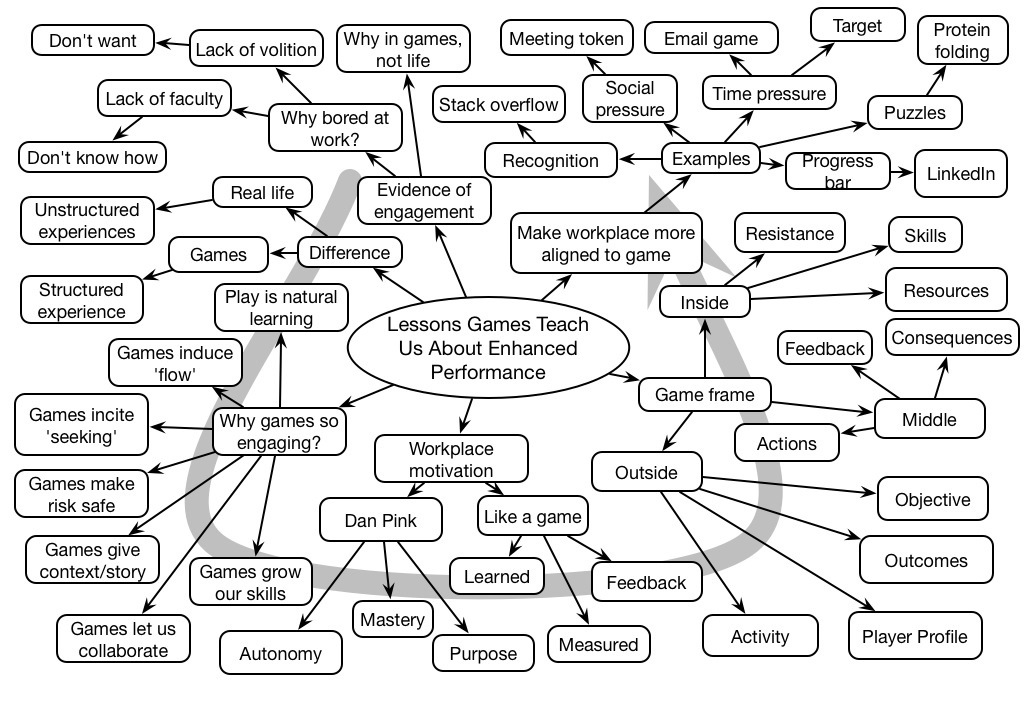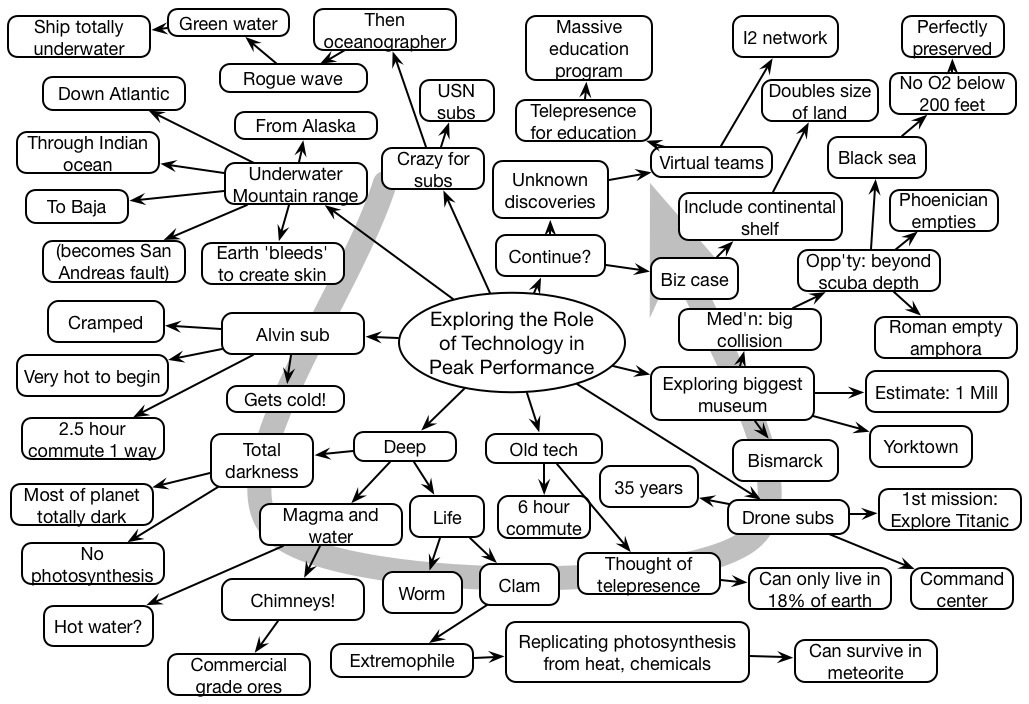“Education over the Internet is going to be so big it is going to make email usage look like a rounding error.” – John Chambers, CEO of Cisco
This bold pronouncement of John Chambers a number of years ago hasn’t really played out as promised. I would argue that elearning has begun to grow, what with the rise of online education and the recent interest in MOOCs. And if we take a performance ecosystem view of elearning, including performance support and social, we can begin to think much more broadly about the relationship. I don’t think John thought of self-learning via Google or YouTube, or learning together via LinkedIn and Twitter, but if we give him the benefit of the doubt, we can begin to think that elearning may be of a substantial bulk in proportion to email, though not yet rounding error size.
However, I want to consider another elearning view that could propose such a relationship. If we take a performance ecosystem view of mobile, we may well have that sort of ratio. Think about it, mobile can claim large numbers around:
- people with mobile phones who have no email or real internet, but voice and text messages give them reach
- using and/or sharing photos or videos for help
- accessing the internet through their phones to learn and perform
- using apps to help them do things, calculating things, supporting their performance
- connecting to social networks on a variety of platforms: FaceBook, Twitter, LinkedIn, …
- people using context-sensitive apps to solve problems where they are and tell them what’s around
- the growth in all the above
If we consider all those (and using mobile devices for email :) we actually come up with a pretty big number! We use mobile personally to learn and perform better in increasing ways, and we’ll start doing it more and more for work as well. In this way, mobile learning performance is becoming the massive shift that will make email seem like a rounding error. And that is big.



